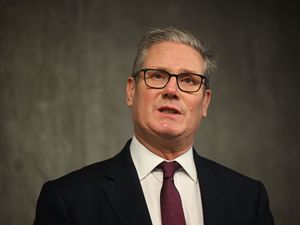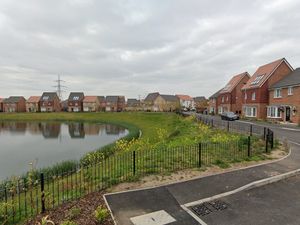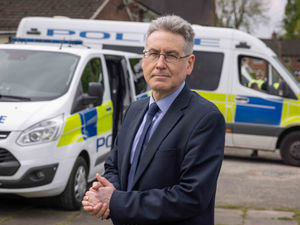Why Labour needs Black Country values if it is to become electable again
Where does the Labour Party go from here?
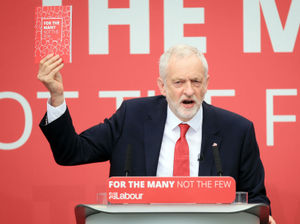
In what is an extraordinary General Election campaign for so many reasons, we have Labour candidates distancing themselves from the party's leader, a membership that seemingly doesn't care about what the public is thinking, and a militant wing that sees swathes of its incumbent MPs as the 'enemy within'.
And even if Labour suffers a crushing defeat in the small hours of June 9, there is no guarantee Jeremy Corbyn will step down as leader.
Many question whether he truly has ambitions to be Prime Minister, let alone the capability.
Meanwhile, there are real concerns in Labour's centre ground circles that Theresa May's 'mainstream' Conservative Party will appeal to the many and not the few, leaving them in political wilderness for the next decade.
Some I have spoken to point to the fact Labour has not won a General Election on a fervently left-wing agenda since 1950. Why would that change now?
What has been intriguing in recent weeks is the number of Labour 'big guns' in the Black Country.
Sir Keir Starmer, Chuka Umunna, and Yvette Cooper have all been in the region, joining candidates on the campaign trail.
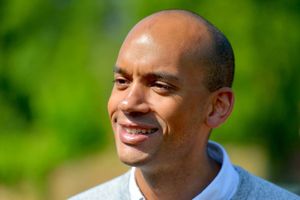
All three are considered as future leaders of the party alongside Dan Jarvis and London Mayor Sadiq Khan.
How they would fare in any leadership contest remains to be seen.
But if they want to lead the Labour Party into Government again they need to keep coming back to constituencies like Dudley North and Wolverhampton North East – both of which could turn Tory at the election or see Labour majorities wiped out.
Labour has to reconnect with people in the Black Country and other areas traditionally considered as the party's 'heartland'.
So-called 'safe seats' no longer look that safe.
Just look what happened in the West Midlands Mayor election on May 4.
The Tories won Dudley and Walsall, but significantly they also closed the gap in Wolverhampton to just 4,000 votes. And in Sandwell where Labour holds 71 out of 72 seats on the council, the gap between the Conservatives fell to 15,000 votes from 28,000 when compared to the Police and Crime Commissioner last year.
Those results may largely be influenced by a low turnout and what was generally considered a poor Labour campaign – but who is to say it won't be indicative of what is to come on June 8?
One recent YouGov poll had the entire West Midlands voting 51 per cent for the Conservatives and just 28 per cent for Labour.
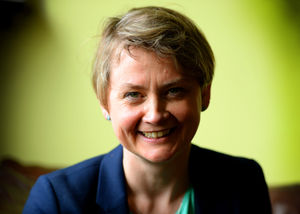
There is a feeling that for decades the party at a national level has taken industrial towns like Walsall for granted.
The Labour Party needs to look at itself and ask why it appears so disconnected from places like Bilston over issues of immigration and membership of the European Union.
Part of the reason may be that for the duration of the Blair and Brown era that uncomfortable topics and debates, such as immigration, were simply shut down.
At its worst, the Gillian Duffy episode epitomised how steadfast Labour voters were perceived in the minds of the party's hierarchy.
Now Labour risks repeating the mistakes of that sorry episode if elements of its party doesn't end the rhetoric of Brexit being fuelled by hate and racism.
Telling huge swathes of the electorate they are racist, bigoted, xenophobic and downright stupid is never a good strategy.
Yet again Jeremy Corbyn is falling into the same trap Ed Miliband found himself in – preaching to the converted.
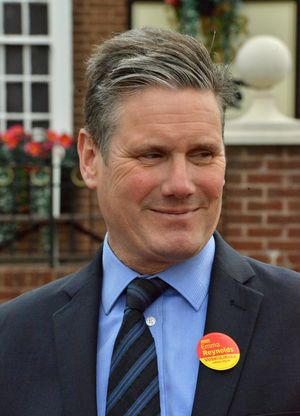
His speeches to large choreographed crowds in towns up and down the country may be impressive on social media or as a backdrop on the news – but these are almost exclusively Labour members or supporters.
Frankly, Labour needs to stop talking to itself and start speaking to others – especially the sort of people who currently don't vote for the party.
Party officials, MPs, members, and activists need to become less acquainted with the wine bars of Westminster or the hipster cafes of Camden and get into the pubs of Cannock or the crowds at Molineux.
Jeremy Corbyn may today be a Gooner after 34 years of representing Islington North – but he'd be far better off reconnecting with his roots when he followed Wolves as a schoolboy living in Shropshire.
Sir Keir Starmer, Chuka Umunna, and Yvette Cooper could all be credible Labour leaders from the centre ground, but they can't just stand for what is dubbed the 'London metropolitan intellectual elite' brand of politics we've seen from Mr Corbyn and Mr Miliband.
To become a Labour leader with real hopes of getting the keys of Number 10 we need to see a party forged, cast, and manufactured for folks in places like the Black Country.
Let's call it, Real Labour.

